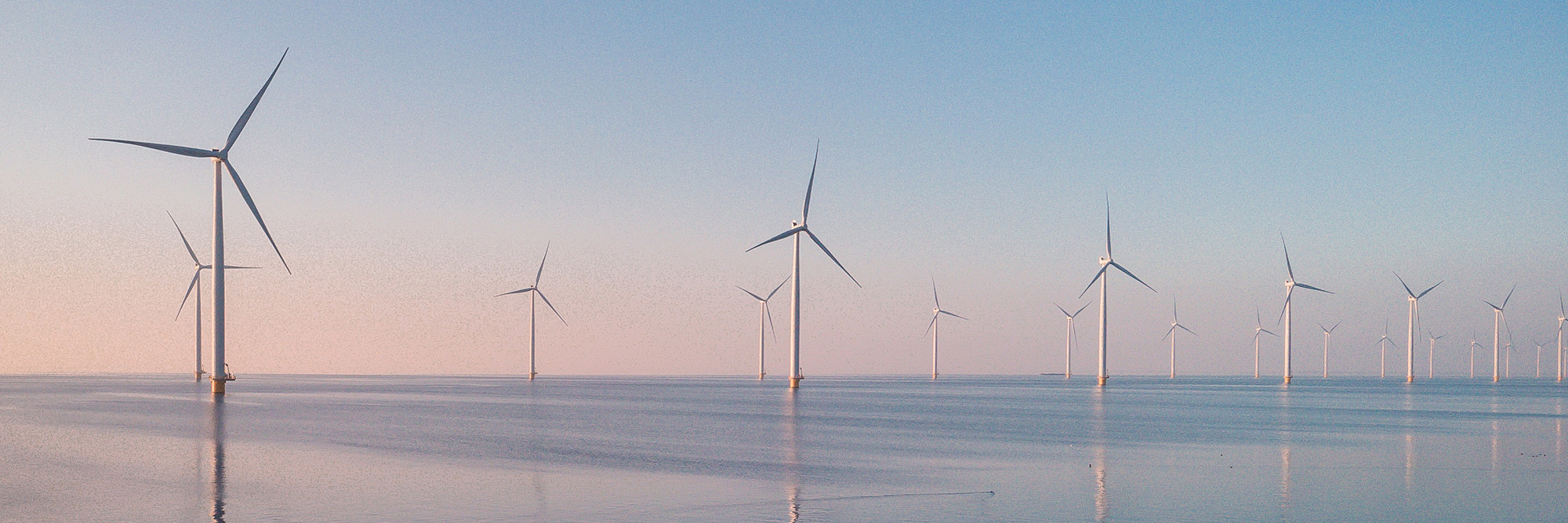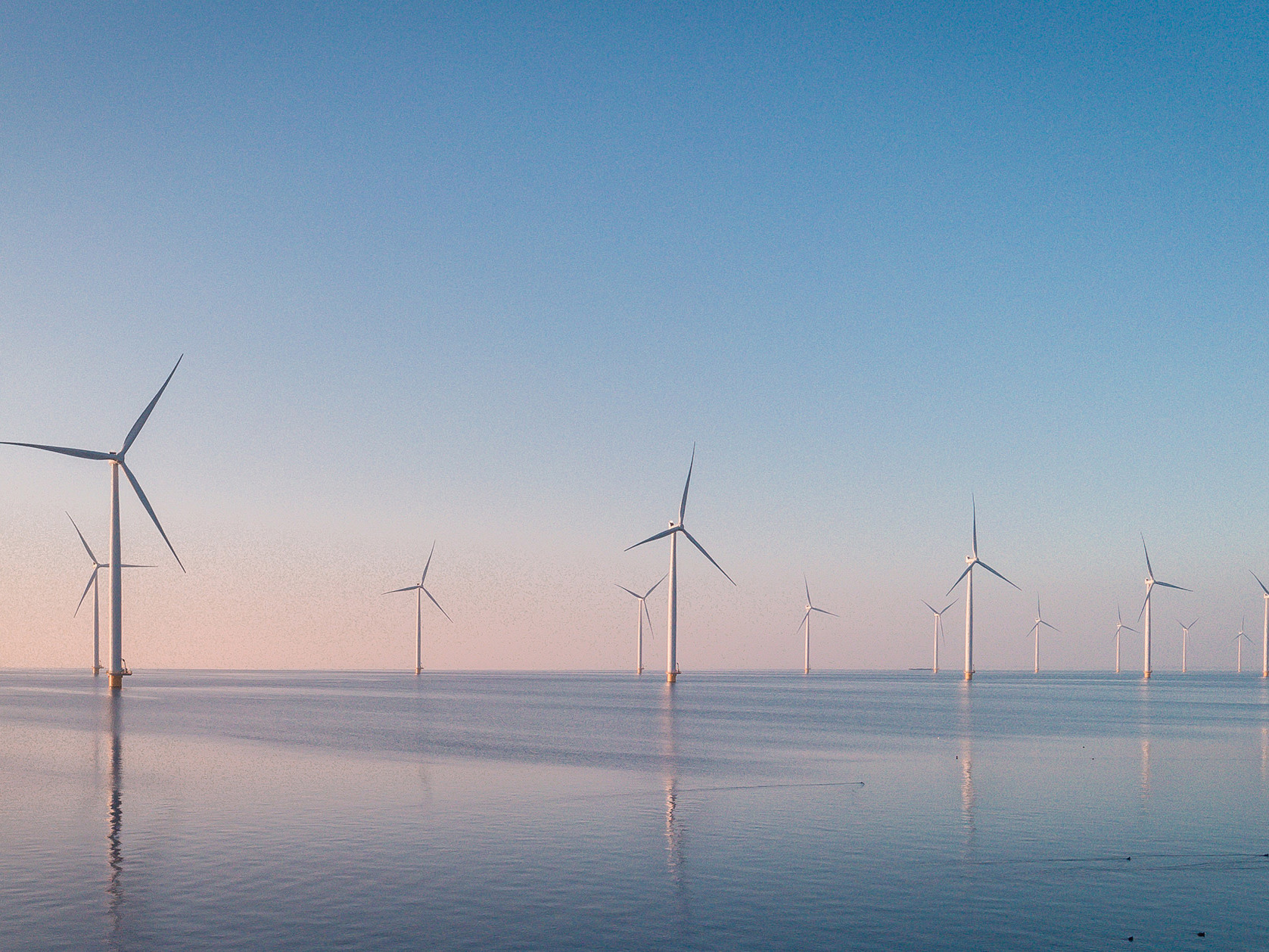Power Purchase Agreements (PPAs) play an important role in the development of new renewable electricity generation projects, particularly for a developer requiring a level of revenue certainty to secure debt financing. For the corporate electricity consumer (who will typically enter into a virtual PPA), they also provide significant benefits including contributing towards the build out of lower cost renewable generation and furthering decarbonisation goals. There is certainly willingness in New Zealand from both energy developers and corporate buyers to explore using PPAs, but there are also some hurdles to overcome that we are seeing play out in the market.
PPAs provide price certainty to both parties but in the case of intermittent renewable energy sources, one of those parties must bear the variable volume risk. Typically, this falls to the corporate buyer who accepts the risk for a sufficiently attractive price and/or has the means to manage that risk through other mechanisms. The corporate buyer must also assess the shape risk – that is, the times at which they require electricity may not align with the output profile of the generation facility (for example, a solar generation project alone will not provide price hedging outside of daylight hours). There is also development and operational risk to consider too – most of the new renewable energy projects in New Zealand’s pipeline are in the early development stages and therefore there is less certainty as to when they will reach commercial operation and the PPA will become effective.
Where these risks can be managed there is significant mutual benefit potential for the PPA parties, and for New Zealand in advancing the achievement of decarbonisation targets. Transpower has recently published an insights paper discussing approaches to developing the PPA market in New Zealand (available here) – it is well worth a read.
If you would like advice or support on a PPA arrangement, please speak to one of our experts.








